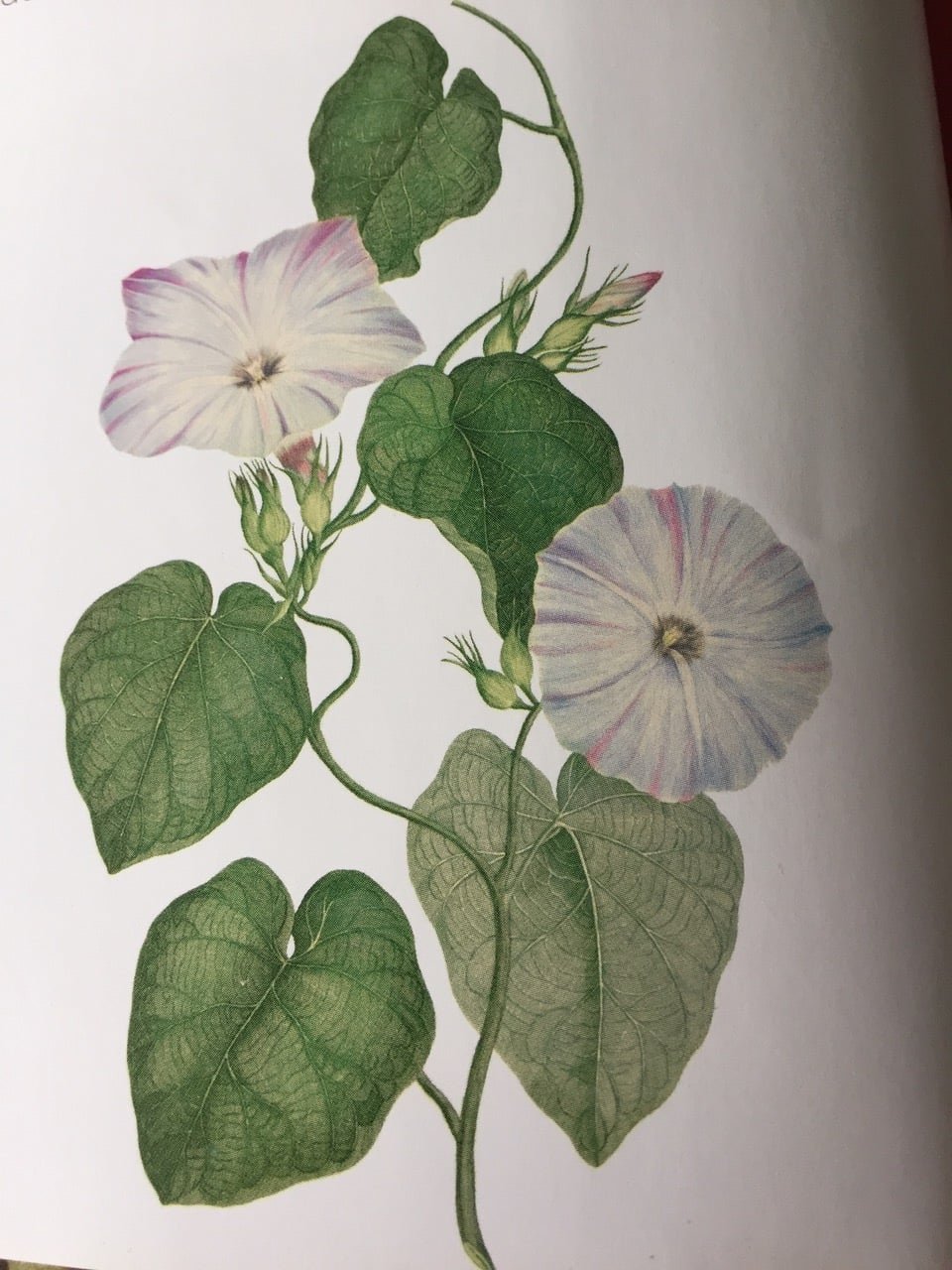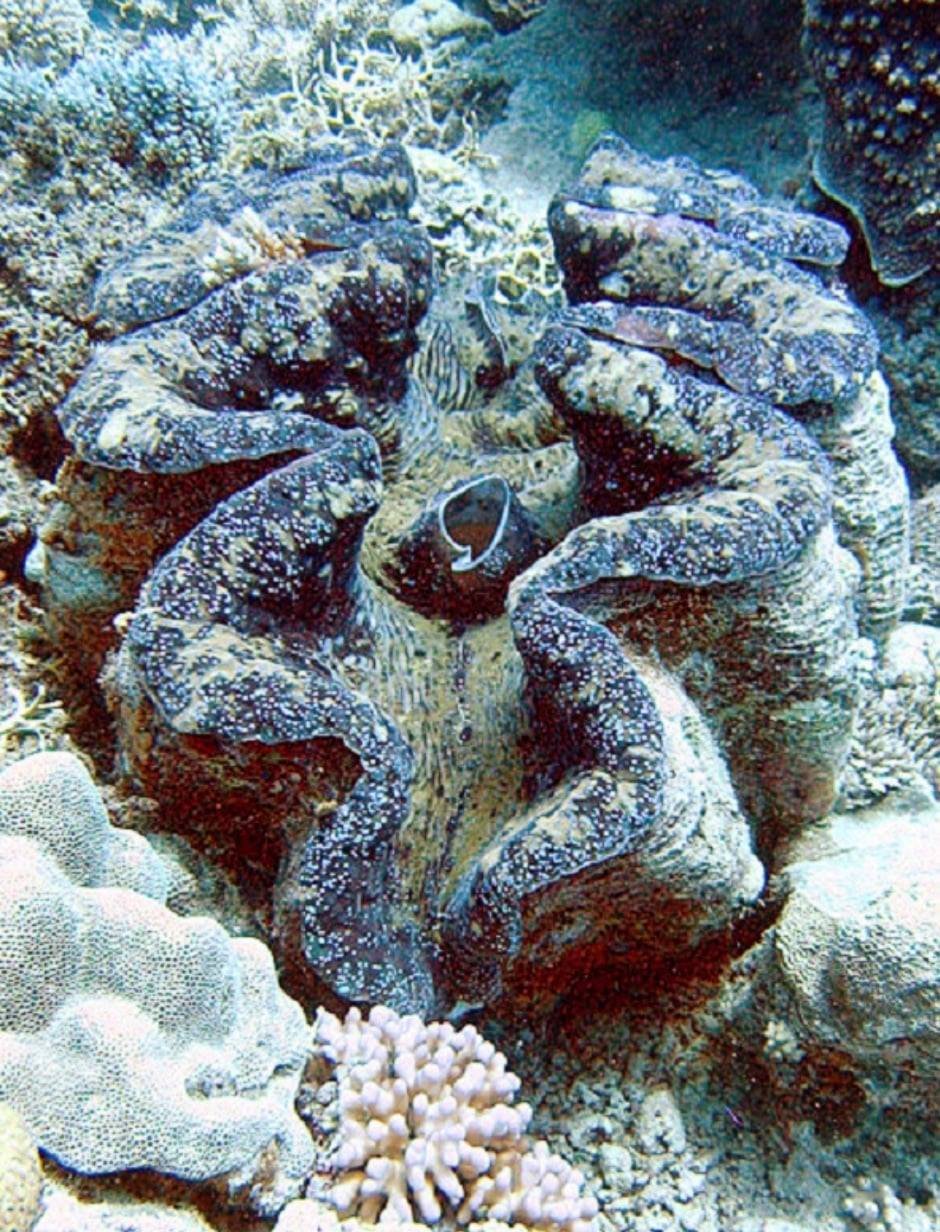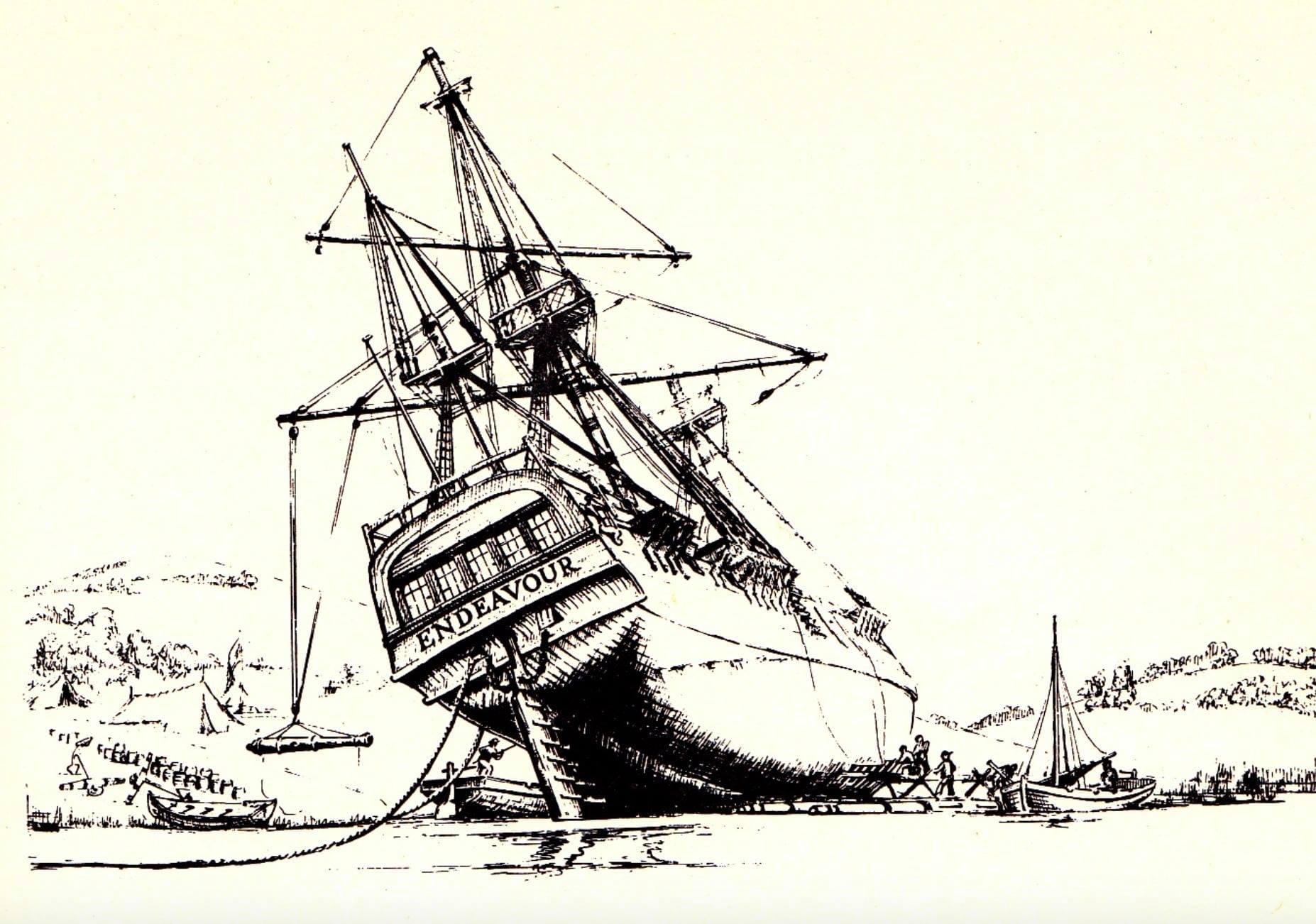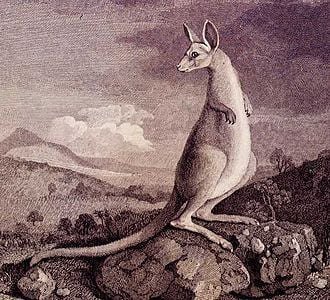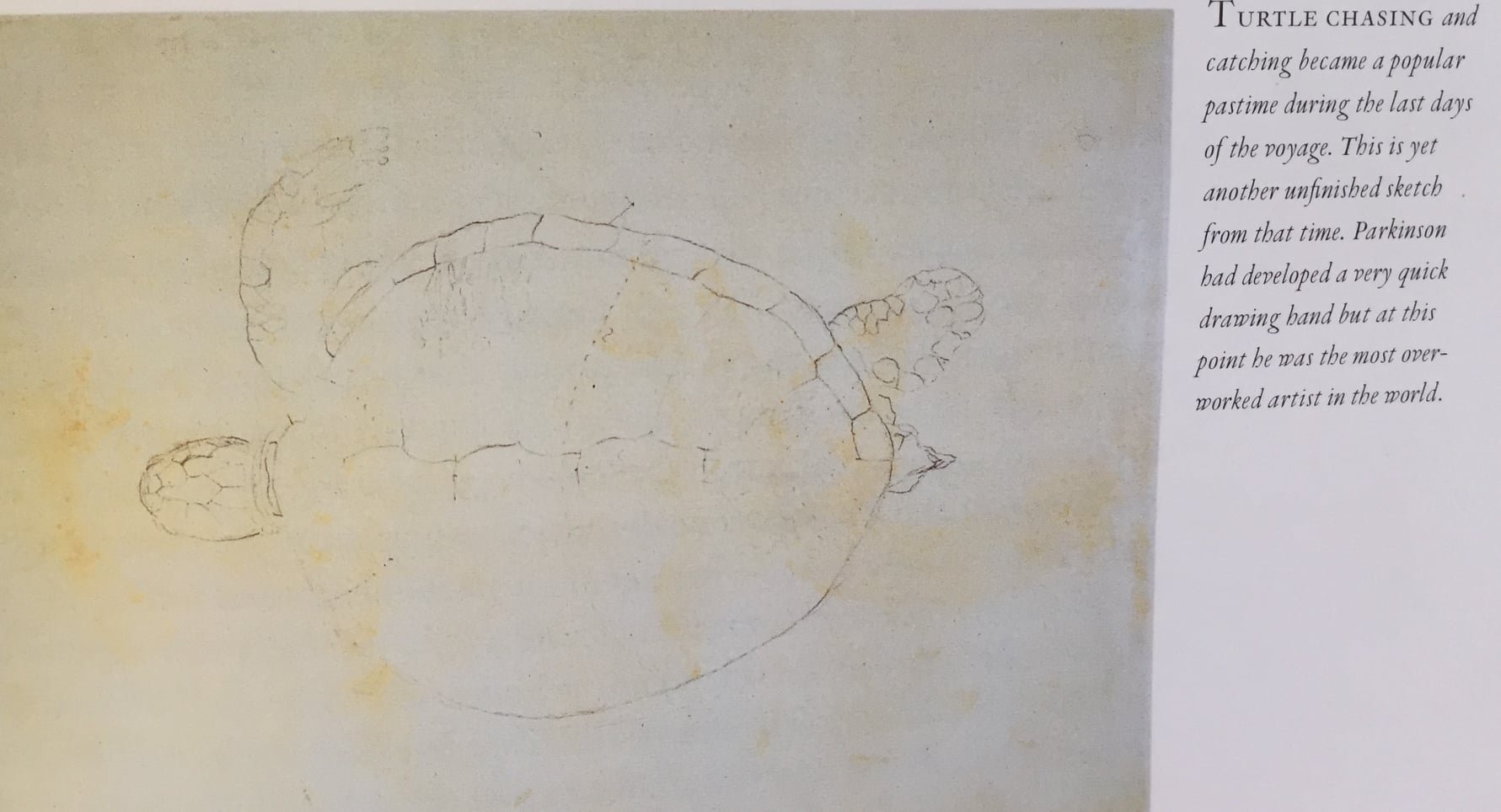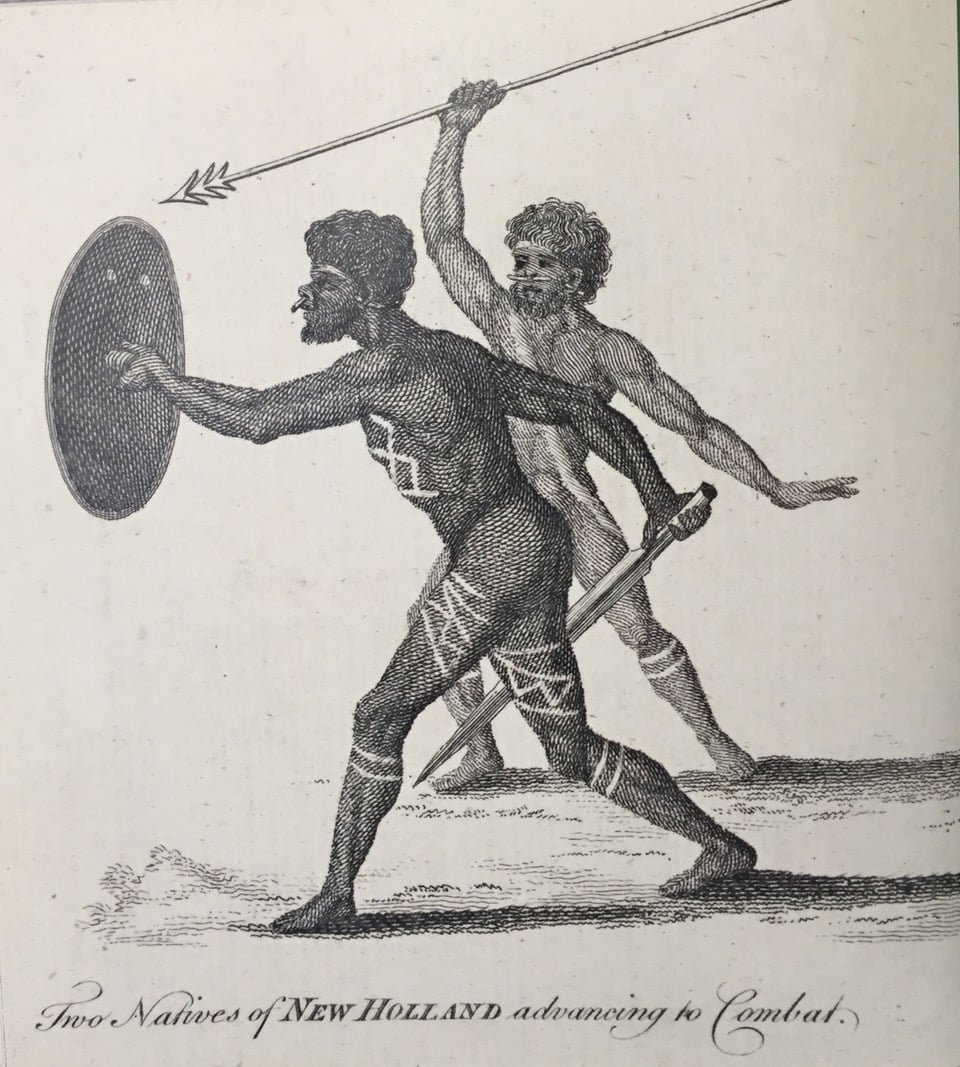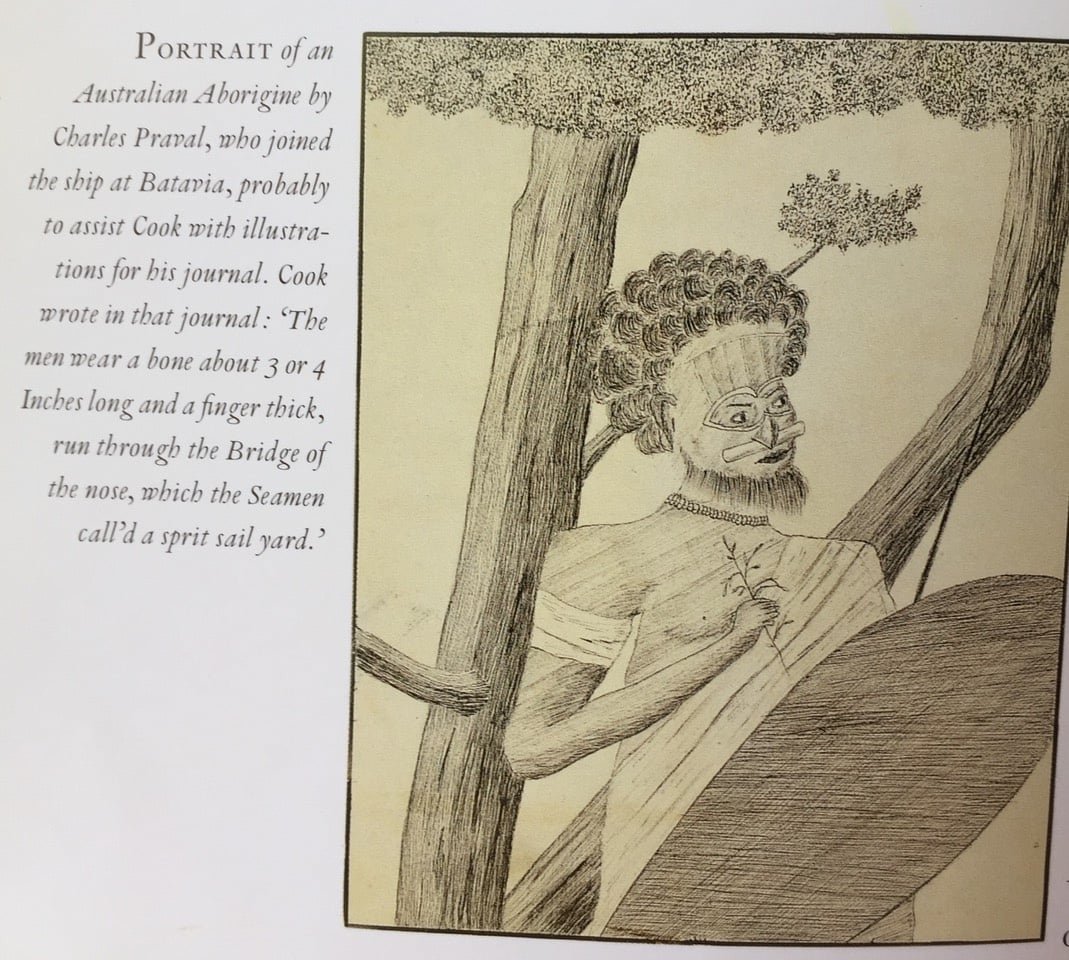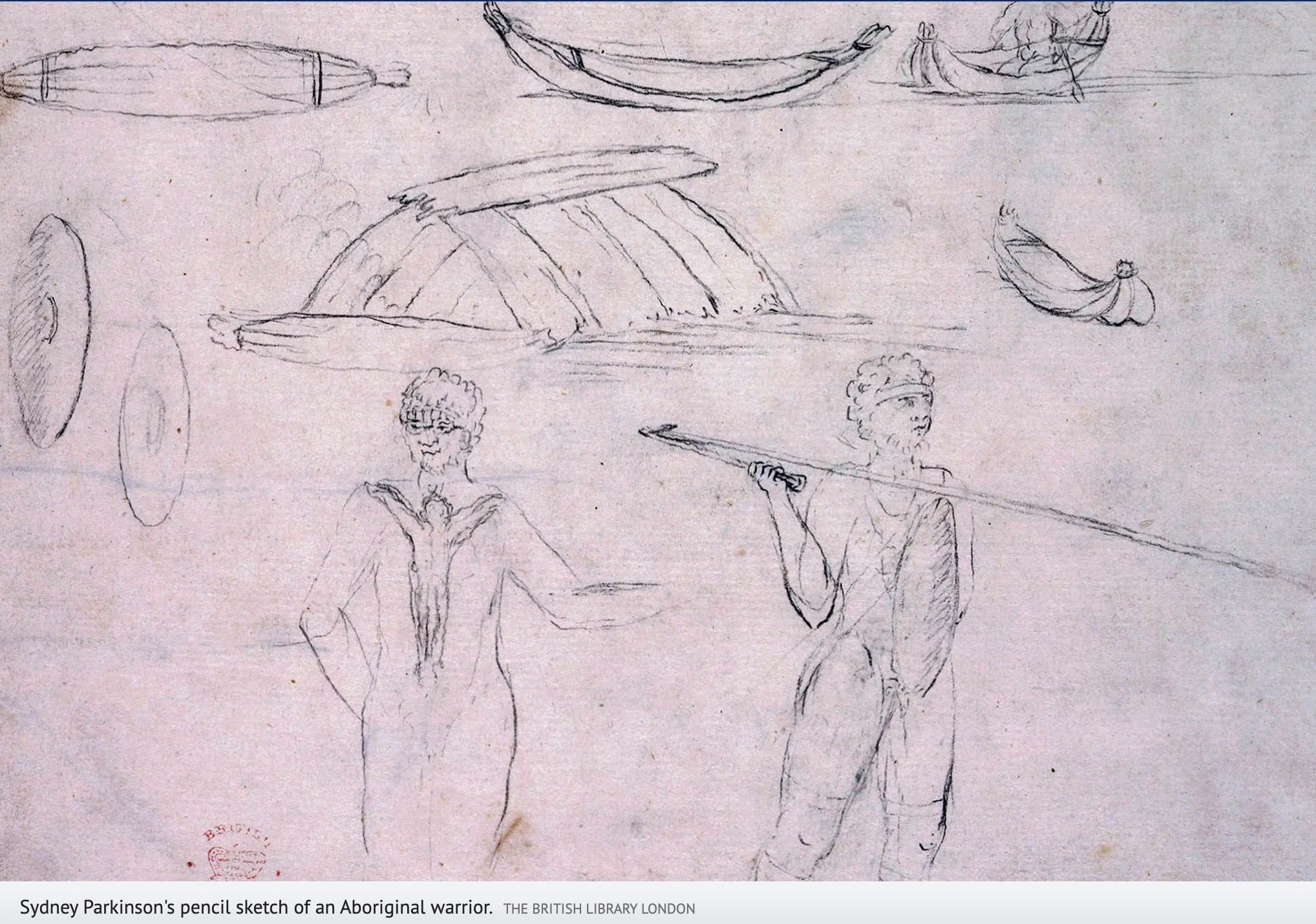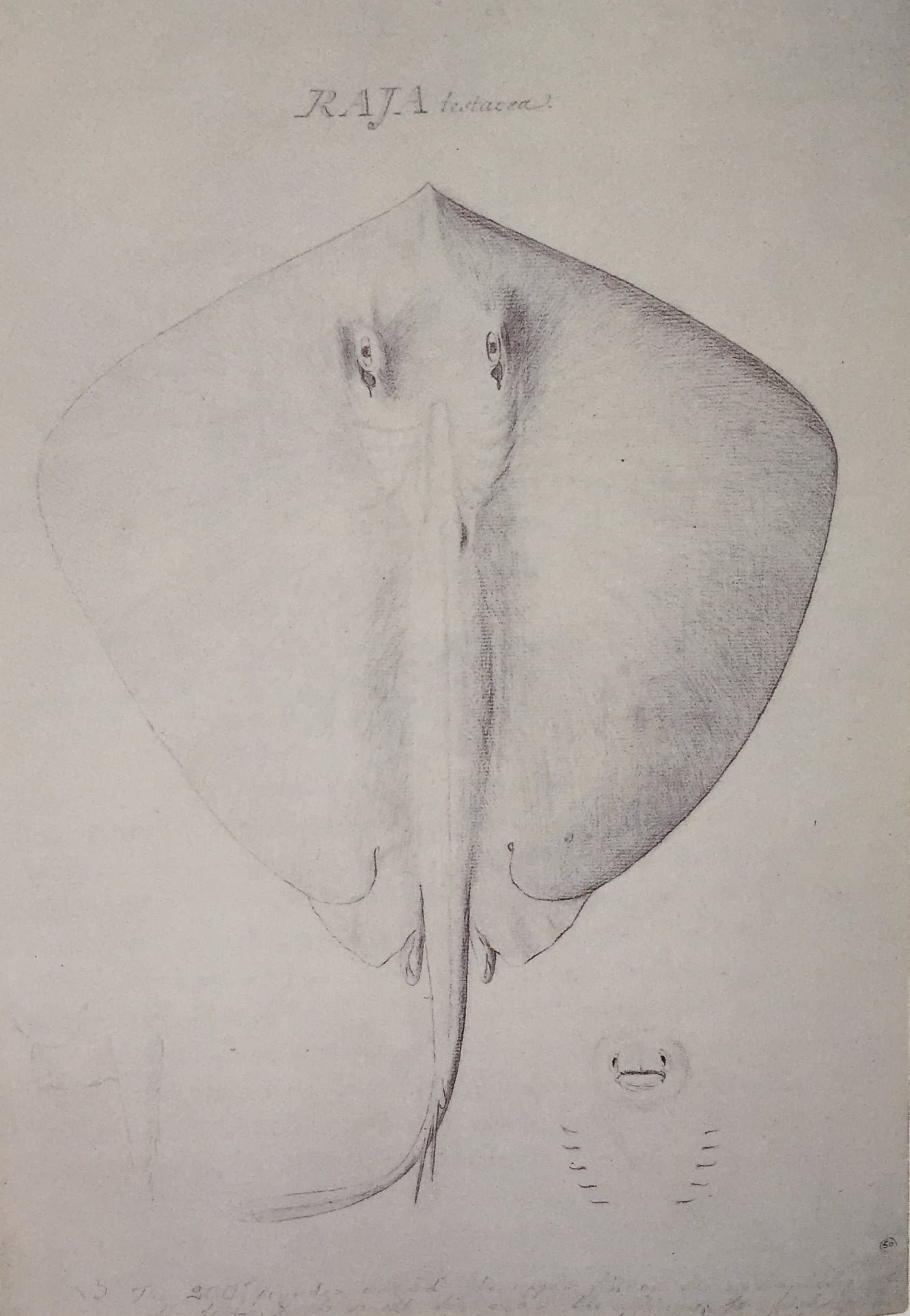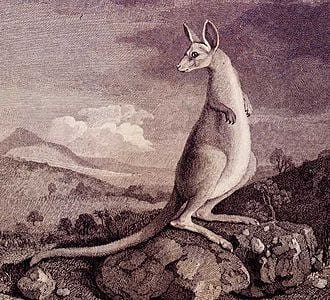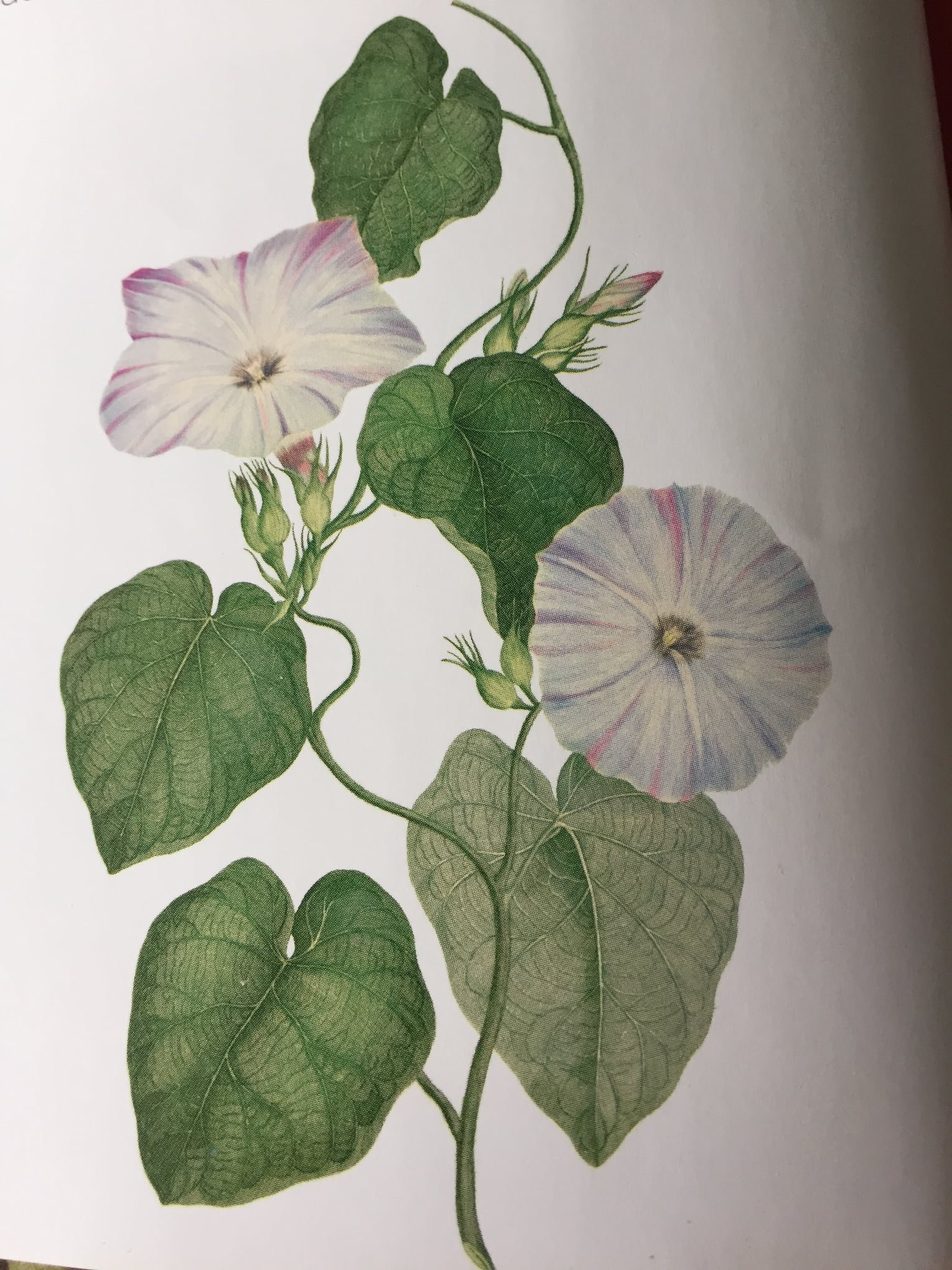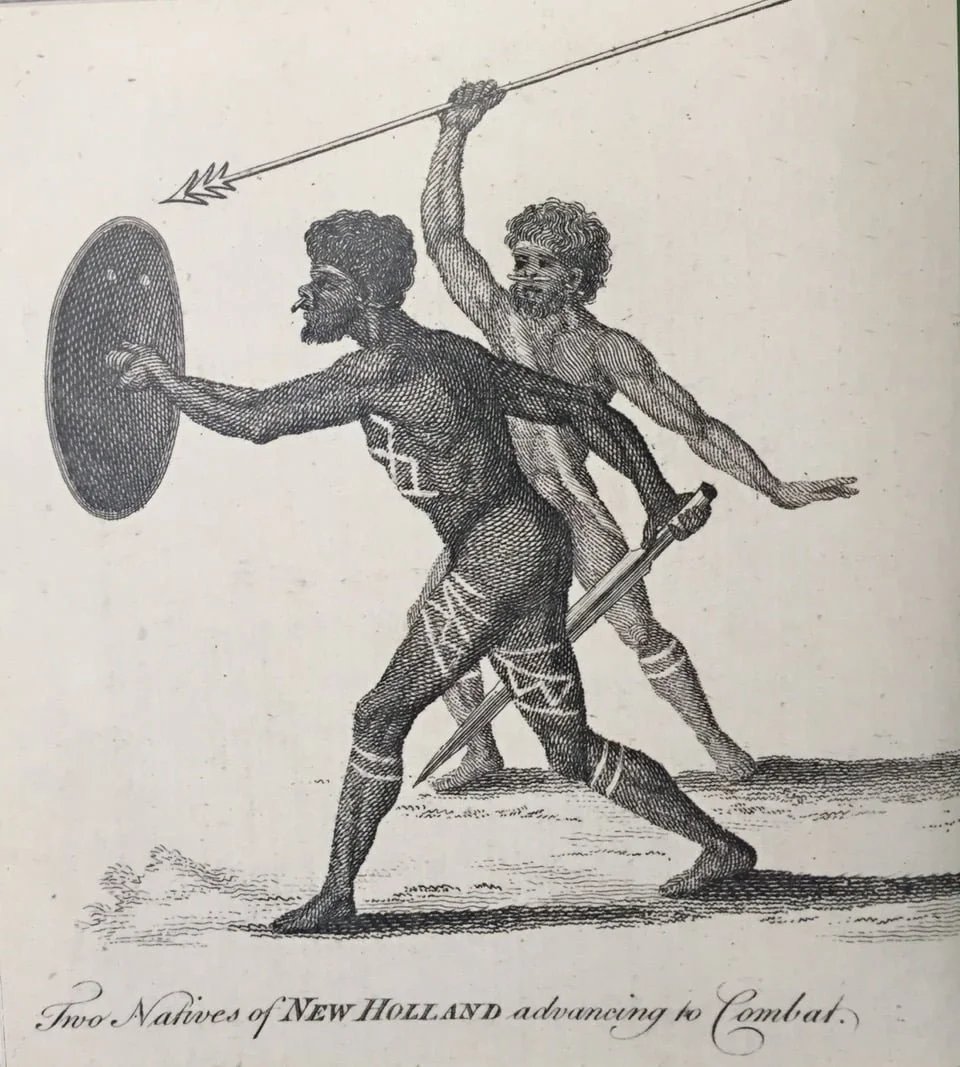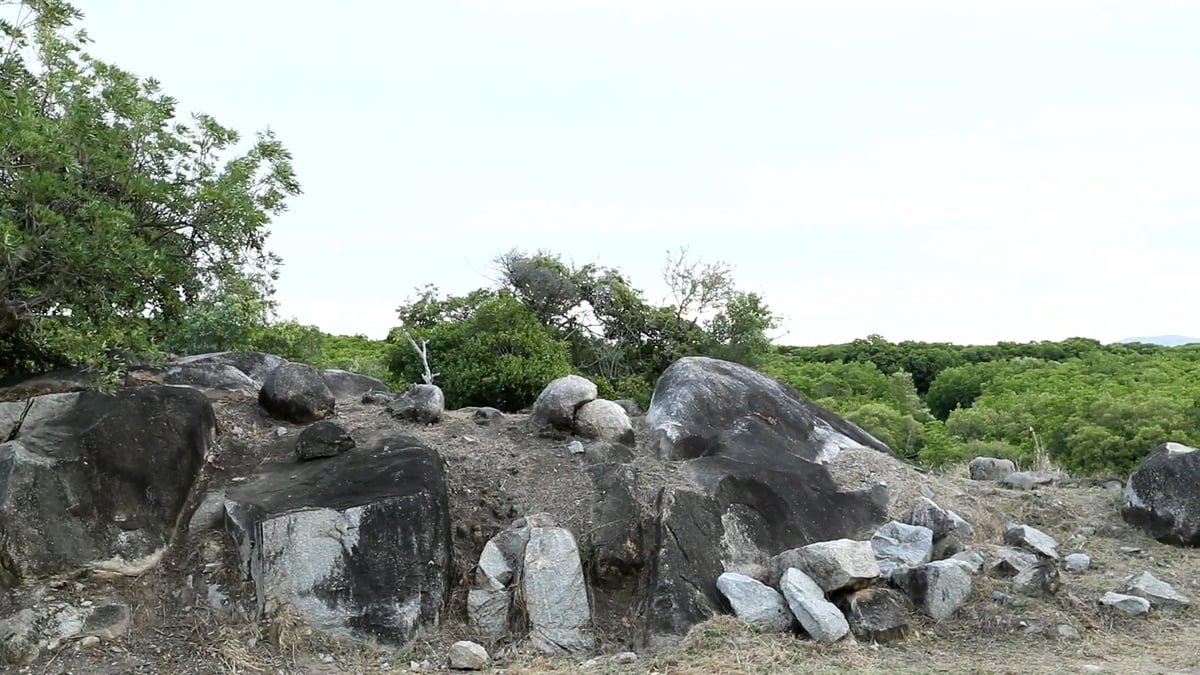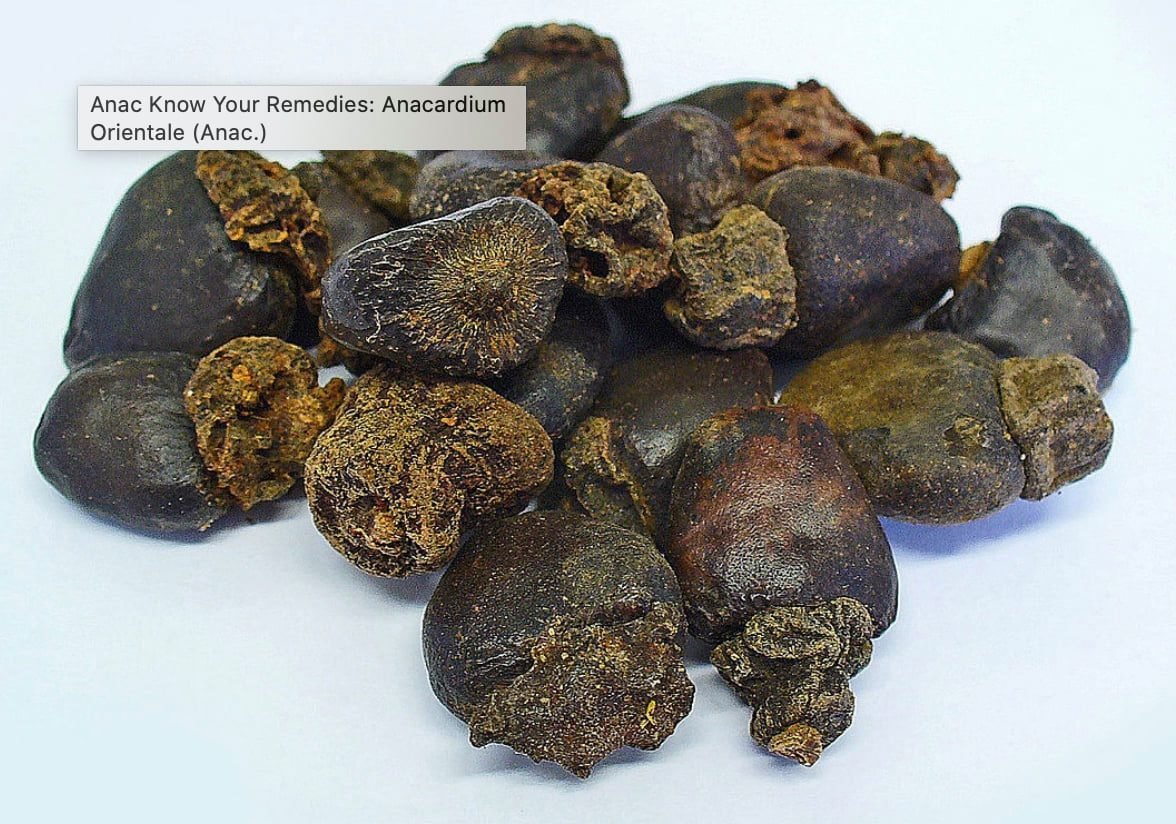July 1, 1770
The Endeavour is still beached.
Sunday, 1st July. Gentle breezes at South-East, and Cloudy weather, with some Gentle Showers in the morning. P.M., the People return'd from hauling the Sean, having caught as much fish as came to 2 1/2 pound per Man, no one on board having more than another. The few Greens we got I caused to be boil'd among the pease, and makes a very good Mess, which, together with the fish, is a great refreshment to the people. A.M., a party of Men, one from each Mess, went again a fishing, and all the rest I gave leave to go into the Country, knowing that there was no danger from the Natives. To-day at Noon the Thermometer in the Shade rose to 87 degrees, which is 2 or 3 Degrees higher than it hath been on any day before in this place.
Banks’ Journal
1. Being Sunday all hands were ashore on liberty, many animals were seen by them. The Indians had a fire about a league off up the river. O[u]r second Lieutenant found the husk of a Cocoa nut full of Barnacles cast up on the Beach; probably it had come from some Island to windward, From Terra del Espirito Santo possibly as we are now in its latitude.
The ship was now finishd and tomorrow being the highest spring tide it was intended to haul her off, so we began to think how we should get out of this place, where so lately to get only in was our utmost ambition. We had observ'd in coming in innumerable shoals and sands all round us so we went upon a high hill to see what passage to the sea might be open. When we came there the Prospect was indeed melancholy: the sea every where full of innumerable shoals, some above and some under water, and no prospect of any streight passage out. To return as we came was impossible, the trade wind blew directly in our teeth; most dangerous then our navigation must be among unknown dangers. How soon might we again be reducd to the misfortune we had so lately escapd! Escapd indeed we had not till we were again in an open sea.
Cook’s Endeavour Journal - NLA
The crews of British naval vessels were divided into groups of four to six men called a mess whose members ate together at the same table throughout the voyage. They were allowed to change their mess on the first Sunday of each month.
When a sailor died at sea, it was his messmates who helped the sail maker sew his body in canvas along with two cannonballs before it was consigned to the deep. The final stitch according to tradition was passed through the sailor’s nose. This grisly duty (the man who carried it out was paid a fee) was to make absolutely certain that the sailor was dead, and it kept the shroud in place.
Convolvulus multiflorus collected by Joseph Banks and Daniel Solander at Endeavour River, engraved by John Lee after Sydney Parkinson. Featured in Banks’ Florilegium
July 2, 1770
Monday, 2nd. P.M., the fishing-party caught as much fish as came to 2 pounds a Man. Those that were in the Country met with nothing New. Early in the A.M. I sent the Master in the pinnace out of the Harbour, to sound about the Shoals in the Offing and to look for a Channel to the Northward. At this time we had a breeze of wind from the land, which continued till about 9. What makes me mention this is, that it is the first Land breeze we have had since we have been in this River. At low water lashed empty Casks under the Ship's bows, being in some hopes of floating her the next high Water, and sent some hands a fishing, while others were employ'd in refitting the Ship.
Banks’ Journal
2. A great dew, which is the first we have had, and a Land breeze in the morn the first likewise. The Wild Plantain trees, tho their fruit does not serve for food, are to us a most material benefit; we made Baskets of their stalks (a thing we learnd of the Islanders) in which our plants which would not otherwise keep home remain fresh for 2 or 3 days; indeed in a hot climate it is hardly Practicable to go on without such baskets which we call by the Island name of Papa Mya. Our Plants dry better in Paper Books than in Sand, with this precaution, that one person is intirely employd in attending them who shifts them all once a day, exposes the Quires in which they are to the greatest heat of the sun and at night covers them most carefully up from any damps, always carefull not to bring them out too soon in a morning or leave them out too late in the evening. Tide rose not so high as was expected so the ship would not come off.
Endeavour by Peter Aughton
By 3 May 1770 Banks recorded in his journal recorded in his journal that ‘our collection of Plants was now grown so immensely large that it was necessary that some extrordinary (sic) care should be taken of them least they should spoil in the books. I therefore devoted this day to that business and carried all the drying paper, near 200 Quires of which the larger part of full, ashore and spreading them upon a sail in the sun kept them in this manner exposd (sic) the whole day, often turning them and sometimes turning the Quires in which were plants inside out. By this means they came on board at night in very good condition.’ Throughout the voyage Banks and Solander would press and dry their plant specimens between a large supply of remaindered sheets of Milton’s Paradise Lost.
A quire is a folded section of 24 or 25 pages.
July 3, 1770
Still trying to put to sea.
Chama Gigas, Giant Clam found on the Great Barrier Reef
Tuesday, 3rd. Winds at South-East, Fore and Middle part gentle breeze, the remainder a fresh gale. In the evening the fishing Party return'd, having got as much fish as came to 2 pounds a Man. At high water we attempted to heave the Ship off, but did not succeed. At Noon the Master return'd, and reported he had found a passage out to Sea between the Shoals, which passage lies out East-North-East or East by North from the River mouth. He found these Shoals to Consist of Coral Rocks; he landed upon one, which drys at low Water, where he found very large cockles [Tridacna] and a Variety of other Shell fish, a quantity of which he brought away with him. He told me that he was 5 Leagues out at Sea, having at that distance 21 fathoms water, and judg'd himself to be without all the Shoals, which I very much doubted. [Cook was right. The shoals extend for four leagues farther] After this he came in Shore, and Stood to the Northward, where he met with a Number of Shoals laying a little distance from the Shore. About 9 in the evening he landed in a Bay about 3 Leagues to the Northward of this Place, where he disturbed some of the Natives, whom he supposed to be at supper; they all fled upon his approach, and Left him some fresh Sea Eggs, and a fire ready lighted behind them; but there was neither House nor Hut near. Although these Shoals lay within sight of Coast, and abound very much with Shell fish and other small fish, which are to be caught at Low water in holes in the Rocks, yet the Natives never visit them, for if they did we must have seen of these Large shells on shore about their fire places. The reason I do suppose is, that they have no Boats that they dare Venture so far out at Sea in. [Nevertheless the natives do get out to the islands which lie farther from the shore than these reefs, as Cook himself afterwards found.]
Banks’ Journal
3. The Pinnace which had been sent out yesterday in search of a Passage returnd today, having found a way by which she past most of the shoals that we could see but not all. This Passage was also to windward of us so that we could only hope to get there by the assistance of a land breeze, of which we have had but one since we lay in the Place, so this discovery added little comfort to our situation. He had in his return landed on a dry reef where he found vast plenty of shell fish so that the Boat was compleatly loaded, cheifly with a large kind of Cockles (Chama Gigas) One of which was more than 2 men could eat. Many indeed were larger; the Cockswain of the Boat a little man declard that he saw on the reef a dead shell of one so large that he got into it and it fairly held him. At night the ship floated and was hauld off; an Allegator was seen swimming along side of her for some time.
As I was crossing the harbour in my small boat we saw many sholes of Gar fish leaping high out of the water, some of which leap'd into the boat and were taken.
The cockles mentioned by Banks were probably giant clams,
“When the valves are shut together in Chama Gigas there is an aperture left on that side of the beaks called the posterior slope. The interior surface of the valves have only one muscular impression on each; most probably the animals are these are a species of Scallop or Oyster. The rest of the species have two muscular impressions on each valve. The animals are supposed to be Cockles.”
(Source / Introduction to the Study of Conchology" by Samuel Brookes)
July 4, 1770
Wednesday, 4th. Strong gales at South-East and fair weather. P.M., the fishing party return'd with the usual success; at High water hove the ship Afloat. A.M., employ'd trimming her upon an even Kiel, intending to lay her ashore once more, to come at her bottom under the Larboard Main Chains.
Roman ships were sometimes sheathed with lead. Arabs sheathed their ships with lime mixed with camel fat. European ships were sheathed with an extra layer of wooden planking. A coating of tero-deterrents was packed between the sheathing and the main hull. Cook chooses to add an extra layer of wooden planking to the hull to shield against borer worms that would surely eat into the ship when they reached the tropics. Cook chose not to add a new and experimental copper plating because he felt that it was too easily damaged.
A copper distilling apparatus for boiling sea water and condensing it into fresh water was stored below, capable of making 42 gallons of fresh water from 56 gallons of sea water. Fresh water was one of the most serious shipboard problems. Water could not be made to keep fresh in any container, hence the use of spirits. Sailors usually drank half a pint per day, sometimes in addition to a gallon of beer. (Source http://www.classichistory.net/arc.../james-cook-first-voyage )
July 5, 1770
Thursday, 5th. Strong breezes at South-East and fair weather. P.M. Warped the Ship over, and at high Water laid her ashore on the Sandbank on the South side of the River, for I was afraid to lay her broad side to the Shore where she lay before, because the ground lies upon too great a decent, and she hath already received some Damage by laying there these last Niep Tides, at least she still makes water.
Banks' Journal
4. The ship has been a good deal straind by laying so long as she has done with her head aground and her stern afloat; so much so that she has sprung a plank between decks abreast the main chains. At night however she was laid ashore again in order if possible to examine if she had got any damage near that place.
Cook’s Endeavour Journal NLA
Cook was known to the powers at the Admiralty. He had a reputation as the finest navigator in the service and he could find his position at sea with greater accuracy than any of his peers. He had turned down the command of a merchantman to serve below decks on a naval frigate and had risen through the ranks in less than two years to become the master of a British man of war. When serving in Newfoundland he had helped with the survey and charting of the Gulf of St Lawrence and had produced a chart of exceptional quality. On his own initiative he had observed and carefully recorded an eclipse of the sun. he had written a paper from his results and sent it to the Royal Society so that the observation could be used to make accurate determination of the longitude of Newfoundland.
Peter Aughton’s ‘Endeavour’
At certain intervals during a voyage, copies would be sent back to the Admiralty to provide interim reports and to act as insurance in the event of a vessel being lost. Cook sent from Batavia back to London via a Dutch ship a copy of his journal made by his clerk Richard Orton. In all, Orton made three copies of Cook’s original journal during the voyage. The copy sent from Batavia is held at the Mitchell Library in Sydney, one is at the National Maritime Museum in Greenwich and one is at the Admiralty Library in London.
Two years after Cook returned to England, his journal became the cornerstone of a controversial but highly popular work. Commissioned by the Admiralty and edited by John Hawkesworth, An Account of the Voyages Undertaken by the Order of his Present Majesty for Making Discoveries in the Southern Hemisphere, and Successively Performed by Commodore Byron, Captain Wallis, Captain Cateret and Captain Cook in the Dolphin, the Swallow and the Endeavour.
Contained three volumes, the lst two devoted entirely to the voyage of the Endeavour. It was the second time Cook’s journal had appeared in transcript. The first, published anonymously appeared in 1771, just two months after Cook had returned to England.
Hawkesworth excised much of Cook’s navigational information and exercised an extravagant editorial licence, rendering Cook’s account in the first person and weaving in some of Banks’ observations. And he added his own. Cook was less than impressed.
July 6, 1770
Friday, 6th. At low water in the P.M. had hardly 4 feet water under the Ship; yet could not repair the Sheathing that was beat off, the place being all under water. One of the Carpenter's crew, a Man I could trust, went down and Examin'd it, and found 3 Streakes of the Sheathing gone about 7 or 8 feet long, and the Main Plank a little rubbed; this account agrees with the report of the Master and others that were under her bottom before. The Carpenter, who I look upon to be well skill'd in his profession, and a good judge in these matters, was of Opinion that this was of little consequence; and as I found that it would be difficult, if not impractical, for us to get under her bottom to repair it, I resolved to spend no more time about it. Accordingly at high water hove her off, and moor'd her alongside the beach, where the Stores, etc., lay, and in the A.M. got everything in readiness for taking them on board, and at the same time got on board 8 Tuns of Water, and stow'd in the ground Tier in the after Hold. In the Morning Mr. Banks and Lieutenant Gore with 3 Men went in a small Boat up the Harbour, with a View to stay 2 or 3 days to try to Kill some of the Animals we have seen about this place.
Banks' Journal
5. Went to the other side of the harbour and walkd along a sandy beach open to the trade wind. Here I found innumerable fruits, many of Plants I had not seen in this countrey; among them were some Cocoa nuts that had been open'd (as Tupia told us) by a kind of Crab, calld by the Dutch Beurs Krabbe (Cancer Latro) that feeds upon them. All these fruits were incrusted with sea productions and many of them Coverd with Barnacles, a sure sign that they have come far by sea, and as the trade wind blows almost right on shore they must have come from some other countrey - probably that discoverd by Quiros and calld Terra del Esprito Santo as the Latitudes according to his own account agree pretty well.
July 7, 1770
Saturday, 7th. Fresh breezes at South-East and fair weather. Employ'd getting on board Coals, Ballast, etc., and caulking the Ship; a work that could not be done while she lay aground. The Armourer and his Mate are Still employ'd at the Forge making and repairing sundry Articles in the Iron way.
Banks’ Journal
6. Set out today with the second lieutenant resolvd to Go a good way up the river and see if the countrey inland differd from that near the shore. We went for about 3 leagues among Mangroves, then we got into the countrey which differd very little from what we had seen. From hence we proceeded up the river which contracted itself much and lost most of its mangroves; the Banks were steep and coverd with trees of a Beautifull verdure particularly what is calld in the West Indies Mohoe or Bark tree (Hibiscus tiliaceus); the land within was generaly low, coverd thick with long grass, and seemd to promise great fertility were these people to plant and improve it. In the course of the Day Tupia saw a Wolf, so at least I guess by his description, and we saw 3 of the animals of the countrey but could not get one; also a kind of Batts as large as a Partridge but these also we were not lucky enough to get. At night we took up our lodgins close to the banks of the river and made a fire, but the Musquetos, whose peacefull dominions it seems we had invaded, spard no pains to molest [us] as much as was in their Power: they followd us into the very smoak, nay almost into the fire, which hot as the Climate was we could better bear the heat of than their intolerable stings.
Between the hardness of our beds, the heat of the fire and the stings of these indefatigable insects the night was not spent so agreably but that day was earnestly wishd for by all of us; at last.
Hibiscus tiliaceus – Sea Hibiscus. A small to medium tree, native to coastal areas of Australia, South East Asia and the South Pacific, this species is very well suited to coastal environments as it tolerates salinity and waterlogging, and can grow in a variety of coastal sands and soils.
The flowers of H. tiliaceus are bright yellow with a deep red center upon opening. Over the course of the day, the flowers deepen to orange and finally red before they fall. The branches of the tree often curve over time. The leaves are heart shaped and deep red in the var. rubra (Source Wikipedia)
July 8 1770
Sunday, 8th. Gentle breeze and South-East, and clear weather. Early I sent the Master in a Boat out to Sea to sound again about the Shoals, because the account he had given of the Channell before mentioned was to me by no means Satisfactory; likewise sent some hands to haul the Sean, who caught near 80 pounds of fish; the rest of the people I gave leave to go into the Country.
Sketch of the first 'kangouroo' sighted by Europeans
Banks’ Journal
7. with its first dawn we set out in search of Game. We walkd many miles over the flats and saw 4 of the animals, 2 of which my greyhound fairly chas'd, but they beat him owing to the lengh and thickness of the grass which prevented him from running while they at every bound leapd over the tops of it. We observd much to our surprize that instead of Going upon all fours this animal went only upon two legs, making vast bounds just as the Jerbua (Mus Jaculus) does. We returnd about noon and pursued our course up the river, which soon contracted itself into a fresh water brook where however the tide rose pretty considerably; towards evening it was so shallow being almost low water that we were obligd to get out of the boat and drag her, so finding a convenient place for sleeping in we resolvd to go no farther. Before our things were got up out of the boat we observd a smoak about a furlong from us: we did not doubt at all that the natives, who we had so long had a curiosity to see well, were there so three of us went immediately towards it hoping that the smallness of our numbers would induce them not to be afraid of us; when we came to the place however they were gone, probably upon having discoverd us before we saw them. The fire was in an old tree of touchwood; their houses were there, and branches of trees broken down with which the Children had been playing not yet wither'd; their footsteps also upon the sand below the high tide mark provd that they had very lately been there; near their oven, in which victuals had been dressd since morn, were shells of a kind of Clam and roots of a wild Yam which had been cookd in it. Thus were we disapointed of the only good chance we have had of seing the people since we came here by their unacountable timidity, and Night soon coming on we repaird to our quarters, which was upon a broad sand bank under the shade of a Bush where we hopd the Musquetos would not trouble us. Our beds of plantain leaves spread on the sand as soft as a mattrass, our Cloaks for bedcloths and grass pillows, but above all the intire absence of Musquetos made me and I beleive all of us sleep almost without intermission; had the Indians came they would certainly have caught us all Napping but that was the least in our thoughts.
The land about this place was not so fertile as lower down, the hills rose almost immediately from the river and were barren, stony and sandey much like those near the ship. The river near us abounded much in fish who at sun set leapd about in the water much as trouts do in Europe but we had no kind of tackle to take them with.
July 9, 1770
Monday, 9th. In the Day Ditto Winds, but in the night Calm. P.M., Mr. Gore and Mr. Banks return'd, having met with nothing remarkable; they were about 3 or 4 Leagues up in the Country without finding hardly any Variation either in the Soil or Produce. In the Evening the Master return'd, having been several Leagues out at Sea, and at that Distance off saw Shoals without him, and was of opinion there was no getting out to Sea that way. In his return he touched upon one of the Shoals, the same as he was upon the first time he was out; he here saw a great number of Turtle, 3 of which he Caught weighing 791 pounds. This occasion'd my sending him out again this morning provided with proper gear for Striking them, he having before nothing but a Boat Hook. Carpenters, Smiths, and Coopers at their respective Employments, and the Seamen employed getting on board stones, ballast, etc. This day all hands feasted upon Turtle for the First time. [As they had had nothing fresh but a little fish for four months, and scarcely any meat since they left the Society Islands, eleven months before, we can imagine that this was a feast.]
Banks’ Journal
Engraving by T. Chambers 1773 based on a drawing by Sydney Parkinson NLA
8. At day light in the Morn the tide serving we set out for the ship. In our passage down met several flocks of Whistling Ducks of which we shot some; we saw also an Allegator of about 7 feet long come out of the Mangroves and crawl into the Water. By 4 O'Clock we arrivd at the ship where we heard that the Indians had been near them but not come to them; Yesterday they had made a fire about a mile and a half of and this morn 2 had appeard on the beach opposite to the ship. At night the Pinnace which had been sent in search of a Passage to leward returnd, she had been unsuccessfull in her main errand. Shoals innumerable she had met with, upon one of them was lucky enough to see a turtle which was pursued and many more were seen, so many that three were taken with only the Boat hook. The promise of such plenty of good provisions made our situation appear much less dreadfull; were we obligd to Wait here for another season of the year when the winds might alter we could do it without fear of wanting Provisions: this thought alone put every body in vast spirits.
9. Myself went turtling in hopes to have loaded our long boat, but by a most unacountable conduct of the officer not one turtle was taken. I however went ashore upon the reef, saw the large Cockles and gatherd many shells and sea productions. At night returnd with my small boat leaving the large one upon the reef who I was sure would catch no turtle.
July 10, 1770
Tuesday, 10th. Winds and weather as yesterday. Employ'd hoisting on board and stowing away the ground Tier of Water. P.M., saw 7 or 8 of the Natives on the South side of the River, and 2 of them came down upon the Sandy point opposite the Ship; but as soon as I put off in a Boat in order to speak with them they run away as fast as they could. At 11 Mr. Banks, who had gone out to Sea with Mr. Molineux, the Master, return'd in his own Small Boat, and gave but a Very bad account of our Turtlecatchers. At the time he left them, which was about 6 o'Clock, they had not got one, nor were they likely to get any; and yet the Master was so obstinate that he would not return [This seems rather hard upon the master] which obliged me to send Mr. Gore out in the Yawl this morning to order the Boat and People in, in Case they could not be employ'd there to some Advantage. In the A.M. 4 of the Natives came down to the Sandy point on the North side of the Harbour, having along with them a small wooden Canoe with Outriggers, in which they seem'd to be employed striking fish, etc. Some were for going over in a Boat to them; but this I would not suffer, but let them alone without seeming to take any Notice of them. At length 2 of them came in the Canoe so near the Ship as to take some things we throw'd them. After this they went away, and brought over the other 2, and came again alongside, nearer than they had done before, and took such Trifles as we gave them; after this they landed close to the Ship, and all 4 went ashore, carrying their Arms with them. But Tupia soon prevailed upon them to lay down their Arms, and come and set down by him, after which most of us went to them, made them again some presents, and stay'd by them until dinner time, when we made them understand that we were going to eat, and asked them by signals to go with us; but this they declined, and as soon as we left them they went away in their Canoe. One of these Men was something above the Middle Age, the other 3 were young; none of them were above 5 1/2 feet high, and all their Limbs proportionately small. They were wholy naked, their Skins the Colour of Wood soot, and this seem'd to be their Natural Colour. Their Hair was black, lank, and cropt short, and neither wooly nor Frizled; nor did they want any of their Fore Teeth, as Dampier has mentioned those did he saw on the Western side of this Country. Some part of their Bodys had been painted with red, and one of them had his upper lip and breast painted with Streakes of white, which he called Carbanda. Their features were far from being disagreeable; their Voices were soft and Tunable, and they could easily repeat any word after us, but neither us nor Tupia could understand one word they said.
Cook’s Endeavour Journal NLA
Cook’s relations with the peoples of the lands he visited were based on a set of suggestions written by James Douglas, 14th Earl of Morton and president of the Royal Society. Lord Morton’s ‘hints’ as he called them, outlines the way the men on the Endeavour should treat the indigenous peoples encountered on their voyage. Combined with Cook’s humanity, the hints (now held by the National library) helped shape an approach that, given the year and the mood, could be described only as enlightened.
The hints began with the overarching plea:
To exercise the utmost patience and forbearance with respect to the Natives of the several lands where the Ship may touch’, an objective that could be achieved only if Cook were ‘to check the petulance of the Sailors, and restrain the wanton use of Fire Arms’.
Lord Morton goes on “To have it still in view that sheding the blood of those people is a crime of the highest nature – they are human creatures, the work of the same omnipotent Author, equally under his care with the most polished European; perhaps less offensive, more entitled to his favour.’
Banks’ Journal
9. Myself went turtling in hopes to have loaded our long boat, but by a most unacountable conduct of the officer not one turtle was taken. I however went ashore upon the reef, saw the large Cockles and gatherd many shells and sea productions. At night returnd with my small boat leaving the large one upon the reef who I was sure would catch no turtle.
10. Four Indians appeard on the opposite shore; they had with them a Canoe made of wood with an outrigger in which two of them embarkd and came towards the ship but stop'd at the distance of a long Musquet shot, talking much and very loud to us. We hollowd to them and waving made them all the signs we could to come nearer; by degrees they venturd almost insensibly nearer and nearer till they were quite along side, often holding up their Lances as if to shew us that if we usd them ill they had weapons and would return our attack. Cloth, Nails, Paper, &c &c. was given to them all which they took and put into the canoe without shewing the least signs of satisfaction: at last a small fish was by accident thrown to them on which they expressd the greatest joy imaginable, and instantly putting off from the ship made signs that they would bring over their comrades, which they very soon did and all four landed near us, each carrying in his hand 2 Lances and his stick to throw them with. Tupia went towards [them]; they stood all in a row in the attitude of throwing their Lances; he made signs that they should lay them down and come forward without them; this they immediately did and sat down with him upon the ground. We then came up to them and made them presents of Beads, Cloth &c. which they took and soon became very easy, only Jealous if any one attempted to go between them and their arms. At dinner time we made signs to them to come with us and eat but they refusd; we left them and they going into their Canoe padled back to where they came from.
July 11, 1770
The Endeavour is still beached.
Wednesday, 11th. Gentle land and Sea breezes. Employed Airing the Bread, stowing away water, Stores, etc. In the night the Master and Mr. Gore returned with the Long Boat, and brought with them one Turtle and a few Shell fish; the Yawl Mr. Gore left upon the Shoal with 6 Men to endeavour to strike more Turtle. In the morning 4 of the Natives made us another Short Visit; 3 of them had been with us the preceeding day, the other was a stranger. One of these men had a hole through the Bridge of his nose [the cartilage of the nostril], in which he stuck a peice of Bone as thick as my finger. Seeing this we examin'd all their Noses, and found that they had all holes for the same purpose; they had likewise holes in their Ears, but no Ornaments hanging to them; they had bracelets on their Arms made of hair, and like Hoops of small Cord. They sometimes may wear a kind of fillet about their Heads, for one of them had applied some part of an old shirt which I had given them to this use.
Cook’s Endeavour Journal NLA
On July 11 four Aboriginal men returned and for the first time a European learned the name of an aboriginal person – Yaparico.
Banks’ Journal
11. Indians came over again today, 2 that were with us yesterday and two new ones who our old acquaintance introduc'd to us by their names, one of which was Yaparico. Tho we did not yesterday Observe it they all had the Septum or inner part of the nose bord through with a very large hole, in which one of them had stuck the bone of a bird as thick as a mans finger and 5 or 6 inches long, an ornament no doubt tho to us it appeard rather an uncouth one. They brought with them a fish which they gave to us in return I suppose for the fish we had given them yesterday. Their stay was but short for some of our gentlemen being rather too curious in examining their canoe they went directly to it and pushing it off went away without saying a word. At night the boat which had been sent to the reef for turtle came home and brought 3.
July 12, 1770
Still beached.
Thursday, 12th. Winds and weather as Yesterday, and the Employment of the People the same. At 2 A.M. the Yawl came on board, and brought 3 Turtle and a large Skeat, and as there was a probability of succeeding in this kind of fishery, I sent her out again after breakfast. About this time 5 of the Natives came over and stay'd with us all the Forenoon. There were 7 in all--5 Men, 1 Woman, and a Boy; these 2 last stay'd on the point of Land on the other side of the River about 200 Yards from us. We could very clearly see with our Glasses that the Woman was as naked as ever she was born; even those parts which I always before now thought Nature would have taught a woman to Conceal were uncovered.
Banks’ Journal
12. Indians came again today and venturd down to Tupias Tent, where they were so well pleasd with their reception that three staid while the fourth went with the Canoe to fetch two new ones; they introduc'd their strangers (which they always made a point of doing) by name and had some fish given them. They receivd it with indifference, signd to our people to cook it for them, which was done, and they eat part and gave the rest to my Bitch. They staid the most part of the morning but never venturd to go above 20 yards from their canoe. The ribbands by which we had tied medals round their necks the first day we saw them were coverd with smoak; I suppose they lay much in the smoak to keep off the Musquetos. They are a very small people or at least this tribe consisted of very small people, in general about 5 feet 6 in hight and very slender; one we measurd 5 feet 2 and another 5 feet 9, but he was far taller than any of his fellows; I do not know by what deception we were to a man of opinion, when we saw them run on the sand about _ of a mile from us, that they were taller and larger than we were. Their colour was nearest to that of chocolate, not that their skins were so dark but the smoak and dirt with which they were all casd over, which I suppose servd them instead of Cloths, made them of that colour. Their hair was strait in some and curld in others; they always wore it croppd close round their heads; it was of the same consistence with our hair, by no means wooly or curld like that of Negroes. Their eyes were in many lively and their teeth even and good; of them they had compleat setts, by no means wanting two of their fore teeth as Dampiers New Hollanders did. They were all of them clean limn'd, active and nimble. Cloaths they had none, not the least rag, those parts which nature willingly conceals being exposd to view compleatly uncoverd; yet when they stood still they would often or almost allways with their hand or something they held in it hide them in some measure at least, seemingly doing that as if by instinct. They Painted themselves with white and red, the first in lines and barrs on different Parts of their bodies, the other in large patches. Their ornaments were few: necklaces prettyly enough made of shells, bracelets wore round the upper part of their arms, consisting of strings lapd round with other strings as what we Call gymp in England, a string no thicker than a packthread tied round their bodies which was sometimes made of human hair, a peice of Bark tied over their forehead, and the preposterous bone in their noses which I have before mentiond were all that we observd. One had indeed one of his Ears bord, the hole being big enough to put a thumb through, but this was peculiar to that one man and him I never saw wear in it any ornament. Their language was totaly different from that of the Islanders; it sounded more like English in its degree of harshness tho it could not be calld harsh neither. They almost continualy made use of the Chircau, which we conceivd to be a term of Admiration as they still usd it when ever they saw any thing new; also Cherr, tut tut tut tut tut, which probably have the same signification. Their Canoe was not above 10 feet long and very narrow built, with an outrigger fitted much like those at the Islands only far inferior; they in shallow waters set her on with poles, in deep paddled her with paddles about 4 feet long; she just carried 4 people so that the 6 who visited us today were obligd to make 2 embarkations. Their Lances were much like those we had seen in Botany bay, only they were all of them single pointed, and some pointed with the stings of sting-rays and bearded with two or three beards of the same, which made them indeed a terrible weapon; the board or stick with which they flung them was also made in a neater manner.
After having staid with us the greatest part of the morning they went away as they came. While they staid 2 more and a young woman made their appearance upon the Beach; she was to the utmost that we could see with our glasses as naked as the men.
July 13, 1770
Zoological drawing by Herman Spõrling inscribed ‘Raya Testacea’
Friday, 13th. Gentle breezes from the South-East in day, and
Calm or light Airs from the Land in the Night. Employ'd taking on board water, Stores, etc. At Noon the Yawl return'd with one Turtle and a large Sting ray.
Banks’ Journal
13. Two Indians came in their Canoe to the ship, staid by her a very short time and then went along shore striking fish. Our Boat returnd from the reef with one turtle and one large Sting ray.
July 14, 1770
‘Kangourou’ Sketch by Sydney Parkinson
Saturday, 14th. Gentle breezes at South-East and Hazey weather. In the P.M. compleated our water; got on board all the Bread, and part of our Stores; in the evening sent the Turtlers out again. A.M., employ'd getting on board stone ballast and Airing the spare Sails. Mr. Gore, being in the Country, shott one of the Animals before spoke of; it was a small one of the sort, weighing only 28 pound clear of the entrails; its body was ---- [blank in manuscript] long; the head, neck, and Shoulders very Small in proportion to the other parts. It was hair lipt, and the Head and Ears were most like a Hare's of any Animal I know; the Tail was nearly as long as the body, thick next the Rump, and Tapering towards the End; the fore Legs were 8 Inches long, and the Hind 22. Its progression is by Hopping or Jumping 7 or 8 feet at each hop upon its hind Legs only, for in this it makes no use of the Fore, which seem to be only design'd for Scratching in the ground, etc. The Skin is cover'd with a Short, hairy furr of a dark Mouse or Grey Colour. It bears no sort of resemblance to any European animal I ever saw; it is said to bear much resemblance to the Jerboa, excepting in size, the Jerboa being no larger than a common rat.
Banks’ Journal
14. Our second lieutenant who was a shooting today had the good fortune to kill the animal that had so long been the subject of our speculations. To compare it to any European animal would be impossible as it has not the least resemblance of any one I have seen. Its fore legs are extreemly short and of no use to it in walking, its hind again as disproportionaly long; with these it hops 7 or 8 feet at each hop in the same manner as the Gerbua, to which animal indeed it bears much resemblance except in Size, this being in weight 38 lb and the Gerbua no larger than a common rat.
July 15, 1770
Sunday, 15th. Gentle breezes at South-East and East. P.M., got on board the Spare Sails and sundry other Articles. In the A.M., as the people did not work upon the Ship, one of the Petty Officers was desirous of going out to Catch Turtles. I let him have the Pinnace for that purpose, and sent the Long boat to haul the Sean, who caught about 60 fish.
Banks’ Journal
15. The Beast which was killd yesterday was today Dressd for our dinners and provd excellent meat. In the evening the Boat returnd from the reef bringing 4 Turtles, so we may now be said to swim in Plenty. Our Turtles are certainly far preferable to any I have eat in England, which must proceed from their being eat fresh from the sea before they have either wasted away their fat, or by unatural food which is given them in the tubs where they are kept given themselves a fat of not so delicious a flavour as it is in their wild state. Most of those we have caught have been green turtle from 2 to 300 lb weight: these when killd were always found to be full of Turtle Grass (a kind of Conferva I beleive); two only were Loggerheads which were but indifferent meat; in their stomachs were nothing but shells.
July 16, 1770
Banks and Dr Daniel Solander at the Endeavour River June -August 1770.
Convolvulus multiflorus collected by Endeavour botanist Joseph Banks
Monday, 16th. Fore and Latter parts gentle breezes at East-North-East; in the night had light Airs and Calm. In the evening the Yawl came in with 4 Turtle and a Large Sting ray, and soon after went out again; but the Pinnace did not return as I expected. A.M., employ'd getting on board Cables; at the same time I went upon one of the high hills on the North side of the River, from which I had an extensive view of the inland Country, which consisted of hills, Valleys, and Large plains, agreeably diversified with Woods and Lawns.
Banks’ Journal
16. As the ship was now nearly ready for her departure Dr Solander and myself employd ourselves in winding up our Botanical Bottoms, examining what we wanted, and making up our complement of specimens of as many species as possible. The Boat brought 3 Turtle again today, one of which was a male which was easily to be distinguishd from the female by the vast size of his tail, which was four times longer and thicker than hers; in every other respect they were exactly alike. One of our people on board the ship who has been a Turtler in the West Indies told me that they never sent male Turtle home to England from thence because they wasted in keeping much more than the females, which we found to be true.
July 17, 1770
Tuesday, 17th. Wind at South-East, a fresh breeze; people employed as yesterday setting up the rigging. In the evening the Pinnace returned with 3 Turtles, 2 of which the Yawl caught and sent in. At 7 hours 41 minutes 17 seconds p.m. observ'd the first Satellite of Jupiter to Emerge, and the same Emersion hapned at Greenwich at 10 hours 00 minutes 52 seconds in the a.m.; the difference is 14 hours 19 minutes 35 seconds equal to 214 degrees 53 minutes 45 seconds of Longitude. The observation made on the 29th of last Month gave 214 degrees 42 minutes 30 seconds; the mean is 214 degrees 48 minutes 7 1/2 seconds, which this place is West of Greenwich. [the true longitude is 214 degrees 45 minutes]
“Endeavour” by Peter Aughton
Telescopes were not standard naval issue, they were provided by the Royal Society to observe the transit of Venus. This is a refracting telescope from Cook’s expedition.
Banks’ Journal
17. Tupia who was over the water by himself saw 3 Indians, who gave him a kind of longish roots about as thick as a mans finger and of a very good taste. On his return the Captn Dr Solander and myself went over in hopes to see them and renew our connections; we met with four in a canoe who soon after came ashore and came to us without any signs of fear. After receiving the beads &c that we had given them they went away; we attempted to follow them hoping that they would lead us to their fellows where we might have an opportunity of seeing their Women; they however by signs made us understand that they did not desire our company.
Captain Cook’s Australian landfalls by W D Forsyth
The excellence of Cook’s charts is a byword. He was helped in his observations and calculations by the astronomer Green and Molyneux. Cook had no chromometer he had to fix his longitude from observations of the moon, a method involving about four hours of calculation in each case. Longitude – how far one’s ship was to east or west of a known point – had always been the bugbear of navigators. Latitude i e north or south location relative to the equator and poles had been solved by the Greeks, if not before them.
July 18, 1770
Wednesday, 18th. Wind at East-South-East, a Gentle breeze. P.M., I sent the Master and one of the Mates in the Pinnace to the Northward to look for a Channell that way clear of the Shoal. Mr. Banks, Dr. Solander, and myself took a turn into the woods on the other side of the water, where we met with 5 of the Natives; and although we had not seen any of them before, they came to us without showing any signs of fear. 2 of these wore Necklaces made of Shells, which they seem'd to Value, as they would not part with them. In the evening the Yawl came in with 3 Turtle, and early in the A.M. she went out again. About 8 we were Visited by several of the Natives, who now became more familiar than ever. Soon after this Mr. Banks and I went over to the South [this should be north] side of the River, and Travel'd 6 or 8 miles along shore to the Northward, where we ascended a high hill, from whence I had an extensive view of the Sea Coast; it afforded us a melancholy prospect of the difficulties we are to encounter, for in whatever direction we looked it was cover'd with Shoals as far as the Eye could see; after this we return'd to the Ship without meeting with anything remarkable, and found several of the Natives on board. At this time we had 12 tortoise or Turtle upon our Decks, which they took more Notice of than anything Else in the Ship, as I was told by the officers, for their Curiosity was Satisfied before I got on board, and they went away soon after.
Bank’s Journal
18. Indians were over with us today and seemd to have lost all fear of us and became quite familiar; one of them at our desire threw his Lance which was about 8 feet in Lengh - it flew with a degree of swiftness and steadyness that realy surprizd me, never being above 4 feet from the ground and stuck deep in at the distance of 50 paces. After this they venturd on board the ship and soon became our very good freinds, so the Captn and me left them to the care of those who staid on board and went to a high hill about Six miles from the ship; here we overlookd a great deal of sea to Leward, which afforded a melancholy prospect of the dificulties we were to encounter when we came out of our present harbour: in which ever direction we turnd our eyes shoals innumerable were to be seen and no such thing as any passage to sea but through the winding channels between them, dangerous to the last degree.
July 19, 1770
Thursday, 19th. Gentle breezes and fair weather. Employ'd getting everything in readyness for Sea. A.M., we were Visited by 10 or 11 of the Natives; the most of them came from the other side of the Harbour, where we saw 6 or 7 more, the most of them Women, and, like the men, quite naked. Those that came on board were very desirous of having some of our Turtles, and took the liberty to haul 2 of them to the Gangway to put over the side; being disappointed in this, they grew a little Troublesome, and were for throwing every thing overboard they could lay their hands upon. As we had no Victuals dress'd at this time, I offer'd them some bread to Eat, which they rejected with Scorn, as I believe they would have done anything else excepting Turtle; [no doubt, in the native view, the turtle belonged to them, and they considered the strangers had annexed their property] soon after this they all went ashore, Mr. Banks, myself, and 5 or 6 of our people being their at same time. Immediately upon their Landing one of them took a Handful of dry grass and lighted it at a fire we had ashore, and before we well know'd what he was going about he made a larger Circuit round about us, and set fire to the grass in his way, and in an instant the whole place was in flames. Luckily at this time we had hardly anything ashore, besides the Forge and a Sow with a litter of young Pigs, one of which was scorched to Death in the fire. As soon as they had done this they all went to a place where some of our people were washing, and where all our nets and a good deal of linnen were laid out to dry; here with the greatest obstinacy they again set fire to the grass, which I and some others who were present could not prevent, until I was obliged to fire a Musquet load with small Shott at one of the Ring leaders, which sent them off. As we were apprised of this last Attempt of theirs we got the fire out before it got head, but the first spread like wild fire in the Woods and grass. Notwithstanding my firing, in which one must have been a little hurt, because we saw a few drops of blood on some of the linnen he had gone over, they did not go far from us; for we soon after heard their Voices in the woods, upon which Mr. Banks and I and 3 or 4 more went to look for them, and very soon met them coming toward us. As they had each 4 or 5 Darts, and not knowing their intention, we seized upon 6 or 7 of the first darts we met with. This alarm'd them so much that they all made off, and we follow'd them for near 1/2 a Mile, and then set down and called to them, and they stop'd also; after some little unintelligible conversation had passed they laid down their darts, and came to us in a very friendly manner. We now return'd the Darts we had taken from them, which reconcil'd everything. There were 4 Strangers among them that we had not seen before, and these were interduced to us by name by the others; the Man which we supposed to have been Struck with small Shott was gone off, but he could not be much hurt as he was at a great distance when I fir'd. They all came along with us abreast of the Ship, where they stay'd a short time, and then went away, and soon after set the woods on fire about a Mile and a half or two Miles from us.
Banks’ Journal
19. Ten Indians visited us today and brought with them a larger quantity of Lances than they had ever done before, these they laid up in a tree leaving a man and a boy to take care of them and came on board the ship. They soon let us know their errand which was by some means or other to get one of our Turtle of which we had 8 or 9 laying upon the decks. They first by signs askd for One and on being refusd shewd great marks of Resentment; one who had askd me on my refusal stamping with his foot pushd me from him with a countenance full of disdain and applyd to some one else; as however they met with no encouragement in this they laid hold of a turtle and hauld him forwards towards the side of the ship where their canoe lay. It however was soon taken from them and replacd. They nevertheless repeated the expiriment 2 or 3 times and after meeting with so many repulses all in an instant leapd into their Canoe and went ashore where I had got before them Just ready to set out plant gathering; they seizd their arms in an instant, and taking fire from under a pitch kettle which was boiling they began to set fire to the grass to windward of the few things we had left ashore with surprizing dexterity and quickness; the grass which was 4 or 5 feet high and as dry as stubble burnt with vast fury. A Tent of mine which had been put up for Tupia when he was sick was the only thing of any consequence in the way of it so I leapd into a boat to fetch some people from the ship in order to save it, and quickly returning hauld it down to the beach Just time enough. The Captn in the meantime followd the Indians to prevent their burning our Linnen and the Seine which lay on the grass just where they were gone. He had no musquet with him so soon returnd to fetch one for no threats or signs would make them desist. Mine was ashore and another loaded with shot, so we ran as fast as possible towards them and came just time enough to save the Seine by firing at an Indian who had already fird the grass in two places just to windward of it; on the shot striking him, tho he was full 40 yards from the Captn who fird, he dropd his fire and ran nimbly to his comrades who all ran off pretty fast. The Captn then loaded his musquet with a ball and fird it into the Mangroves abreast of where they ran to shew them that they were not yet out of our reach, they ran on quickning their pace on hearing the Ball and we soon lost sight of them; we then returnd to the Seine where the people who were ashore had got the fire under. We now thought we were free'd from these troublesome people but we soon heard their voices returning on which, anxious for some people who were washing that way, we ran towards them; on seeing us come with our musquets they again retird leasurely after an old man had venturd quite to us and said something which we could not understand. We followd for near a mile, then meeting with some rocks from whence we might observe their motions we sat down and they did so too about 100 yards from us. The little old man now came forward to us carrying in his hand a lance without a point. He halted several times and as he stood employd himself in collecting the moisture from under his arm pit with his finger which he every time drew through his mouth. We beckond to him to come: he then spoke to the others who all laid their lances against a tree and leaving them came forwards likewise and soon came quite to us. They had with them it seems 3 strangers who wanted to see the ship but the man who was shot at and the boy were gone, so our troop now consisted of 11. The Strangers were presented to us by name and we gave them such trinkets as we had about us; then we all proceeded towards the ship, they making signs as they came along that they would not set fire to the grass again and we distributing musquet balls among them and by our signs explaining their effect. When they came abreast of the ship they sat down but could not be prevaild upon to come on board, so after a little time we left them to their contemplations; they stayd about two hours and then departed.
We had great reason to thank our good Fortune that this accident happned so late in our stay, not a week before this our powder which was put ashore when first we came in had been taken on board, and that very morning only the store tent and that in which the sick had livd were got on board. I had little Idea of the fury with which the grass burnt in this hot climate, nor of the dificulty of extinguishing it when once lighted: this accident will however be a sufficient warning for us if ever we should again pitch tents in such a climate to burn Every thing round us before we begin.
July 20, 1770
"The Reconciliation" by Loretta Sullivan
Friday, 20th. Fresh breezes at South-East and Cloudy weather. P.M., got everything on board the Ship, new berth'd her, and let her swing with the tide. In the night the Master return'd with the pinnace, and reported that there was no safe Passage for the Ship to the Northward at low water. A.M., I went and Sounded and buoy'd the Bar, being now ready to put to sea the first opportunity.
Banks’ Journal
Reconciliation Rocks in Cooktown which has just been nominated to be included in the National Heritage List.
20. Yesterday evening the ship was hauld off from the shore ready for her departure. In the night by some unlucky accident she taild ashore during the Ebb, and as the tide settled brought such a strain upon her rudder as alarmd us all greatly; the Tiller which was in the most danger beat hard under some strong sheep pens which had been built in a Platform over it; as the tide settled still more it came to the Point whether the tiller or Platform would Break, for one must, which the Platform fortunately did and made us at once easy. No Indians came near us but all the hills about us for many miles were on fire and at night made the most beautifull appearance imaginable. The Pinnace returnd which had been sent to Leeward in search of a Passage: the officer in her had met with nothing but shoals and not the least likelihood of a Passage that way, no very comfortable situation. Our ship it is true was now repaird: Leaky she was from the strains she had got but the water she made was trifling. We were ready to sail with the first fair wind but where to go? - to windward was impossible, to leward was a Labyrinth of Shoals, so that how soon we might have the ship to repair again or lose her quite no one could tell. Encounter the dificulty however we must and since our Bargain was a bad one make the Best of it. At night the Yawl returnd with one turtle in her: it had blown so much since she had been out that she with dificulty took even that, for as all our turtle had been taken by chasing moderate weather was absolutely necessary.
July 21, 1770
Still trying to leave the river
Saturday, 21st. Strong breezes at South-East and Cloudy weather. P.M., sent a Boat to haul the Sean, which return'd with as much fish as came to 1 3/4 pounds per Man; the Yawl return'd with only one Turtle, which was caught in the Net, for it blew too hard for the Boat to strike any. In the morning I sent her out again, but she was obliged to return, not being able to get to Windward. The Carpenters employ'd in repairing the Boats and overhauling the Pumps, and as the Wind would not permit us to sail, I sent the Boatswain with some hands ashore to make rope, and a petty Officer with 2 Men to gather Greens for the Ship's Company.
Banks’ Journal
21. No signs of the Indians to day nor indeed any thing else worthy note.
July 22, 1770
Sunday, 22nd. Fresh breezes at South-East and East-South-East. Employ'd as Yesterday. A.M., the weather would not permit us to Sail; sent the Turtlers out again. In opening of one to-day we found sticking thro' both Shoulder bones a wood Harpoon, or Turtle Peg, 15 Inches long, bearded at the end, such as we have seen among the Natives; this proves to a Demonstration that they strike Turtle, I suppose at the Time they come ashore to lay their Eggs, for they certainly have no boat fit to do this at Sea, or that will carry a Turtle, and this Harpoon must have been a good while in, as the wound was quite heal'd up.
Banks’ Journal
22. The Turtle which was killd this morn had an Indian turtle peg in it which seemd to have laid there a long time. It was in the breast across the fore finns, having enterd at the soft part near the finns but the wound it had made in going in was intirely grown up; the peg itself was about 8 inches in lengh and as thick as a mans little finger. One of our people who had been sent out to gather Indian Kale straying from his party met with three indians, two men and a boy, he came upon them as they sat down among some long grass on a sudden and before he was aware of it. At first he was much afraid and offerd them his knife, the only thing he had which he thought might be acceptable to them; they took it and after handing it from one to another return'd it to him. They kept him about half an hour behaving most civily to him, only satisfying their curiosity in examining his body, which done they made him signs that he might go away which he did very well pleasd. They had hanging on a tree by them, he said, a quarter of the wild animal and a cocatoo; but how they had been clever enough to take these animals is almost beyond my conception, as both of them are most shy especialy the Cocatoos.
July 23, 1770
Monday, 23rd. Fresh breezes in the South-East quarter, which so long as it continues will confine us in Port. Yesterday, A.M., I sent some people in the Country to gather greens, one of which stragled from the rest, and met with 4 of the Natives by a fire, on which they were broiling a Fowl, and the hind leg of one of the Animals before spoke of. He had the presence of mind not to run from them (being unarm'd), least they should pursue him, but went and set down by them; and after he had set a little while, and they had felt his hands and other parts of his body, they suffer'd him to go away without offering the least insult, and perceiving that he did not go right for the Ship they directed him which way to go.
Banks’ Journal
23. In Botanizing today on the other side of the river we accidentaly found the greatest part of the clothes which had been given to the Indians left all in a heap together, doubtless as lumber not worth carriage. May be had we lookd farther we should have found our other trinkets, for they seemd to set no value upon any thing we had except our turtle, which of all things we were the least able to spare them.
July 24, 1770
Still can't put to sea
Tuesday, 24th. Winds and weather continues. The Seamen employ'd making ropes, Caulking the Ship, Fishing, etc.
Banks’ Journal
24. The blowing weather which had hinderd us from getting out several days still lasted, not at all to our satisfaction who had no one wish to remain longer in the place, which we had pretty well exhausted even of its natural history. The Dr and me were obligd to go very far for any thing new; to day we went several miles to a high hill where after sweating and broiling among the woods till night we were obligd to return almost empty. But the most vexatious accident imaginable befel us likewise: traveling in a deep vally, the sides of which were steep almost as a wall but coverd with trees and plenty of Brush wood, we found marking nuts (anacardium orientale) laying on the ground, and desirous as we were to find the tree on which they had grown, a thing that I beleive no European Botanist has seen, we were not with all our pains able to find it; so after cutting down 4 or 5 trees and spending much time were obligd to give over our hopes.
Dried Anacardium fruit
Anacardium plant
Semecarpus anacardium was called "marking nut" by Europeans because it was used by washermen to mark cloth and clothing before washing, as it imparted a water insoluble mark to the cloth. The specific epithet anacardium ("up-heart") was used by apothecaries in the 16th century to refer to the plant's fruit. It was later used by Linnaeus to refer to the cashew. (Source / Wikipedia)
July 25, 1770
Wednesday, 25th. Fresh gales at South-East and fair weather. In the evening the Yawl came in, having not been able to Strike one Turtle on account of the blowing weather, nor can we catch much fish with the Sean in the Harbour.
Banks’ Journal
25. The Captn who was up the river today found the Canoe belonging to our freinds the Indians, which it seems they had left tied to some mangroves within a mile of the ship: themselves we could see by their fires were 5 or 6 miles off from us directly inland.
July 26, 1770
Thursday, 26th. Winds and weather as Yesterday. Such people as can be spared from the necessary Dutys of the Ship are employ'd fishing and gathering greens and other refreshments.
Banks’ Journal
26. In botanizing to day I had the good fortune to take an animal of the Opossum (Didelphis) tribe: it was a female and with it I took two young ones. It was not unlike that remarkable one which De Bufon has decribd by the name of Phalanger as an American animal; it was however not the same for De Buffon is certainly wrong in asserting that this tribe is peculiar to America; and in all probability, as Pallas has said in his Zoologia, the Phalanger itself is a native of the East Indies, as my animal and that agree in the extrordinary conformation of their feet in which particular they differ from all the others.
July 27, 1770
Friday, 27th. Very fresh Gales at South-East by South and fair weather. A.M., caught as much fish as served 3/4 pounds a man, and Mr. Gore shott one of the Animals before spoke of, which weighed 80 pounds and 54 pounds, exclusive of the entrails, Skin, and head; this was as large as the most we have seen.
Banks’ Journal
27. This day was dedicated to hunting the wild animal. We saw several and had the good fortune to kill a very large one which weighd 84 lb.
Tony Horwitz “Into the Blue”
Unsure what to call this odd beast Cook refereed to it simply as ‘the animal’. Later he inserted the native word which he rendered ‘kanguru’. The Endeavour carried home a skull and skin the first kangaroo specimen in the West. It resided in a London museum until destroyed in the Blitz during World War II.
July 28, 1770
Saturday, 28th. Winds and weather as above, without the least Variation the whole of the 24 hours. The Carpenters finish'd caulking the Ship.
Banks’ Journal
28. Botanizing with no kind of success. The Plants were now intirely compleated and nothing new to be found, so that sailing is all we wish for if the wind would but allow us. Dind today upon the animal, who eat but ill, he was I suppose too old. His fault however was an uncommon one, the total want of flavour, for he was certainly the most insipid meat I eat.
July 29, 1770
Sunday, 29th. Winds at South-East, a fresh breeze until 5 a.m., at which time it fell calm, and soon after had a light breeze from the land. Upon this I sent a Boat to see what water was upon the bar (it being 2 hours Ebb), and hove up the Anchor in order to put to Sea; but upon the return of the Boat came too again, as there were only 13 feet water on the Bar, which was 6 Inches less water than what the Ship Draw'd. After this I sent the Yawl to look for Turtle, as those we had got before were nearly all expended. About 8 the Sea breeze set in again, which put an end to our Sailing this day; after which I sent the Pinnace to haul the Sean; she return'd with only 20 pounds of Fish.
Banks’ Journal
29. Went out again in search of the animals: our success today was not however quite so good as the last time, we saw few and killd one very small one which weighd no more than 8_ lb. My greyhound took him with ease tho the old ones where much too nimble for him.
July 30, 1770
Monday, 30th. Winds at South-East, a fresh Gale and fair weather in the P.M., the remainder Hazey, with rain, but the winds, tho more moderate, keept in the South-East quarter.
Banks’ Journal
30. Ever since the ship was hawld off for sailing we have had Blowing weather till today, when it changd to little wind and rain which gave us some hopes; in the evening however the wind returnd to its old Byas.
July 31 1770
Cook is still frustrated by strong wind
Tuesday, 31st. Fresh Gales at South-East, and hazey with rain all P.M. and most part of the Night. At 2 a.m. I had thoughts of trying to Warp the Ship out of the Harbour, but upon my going first out in a Boat I found it blow too fresh for such an Attempt.
Banks’ Journal
31. Morning cloudy and Boisterous enough; even clear with less wind which supplyd hopes at least for tomorrow.


